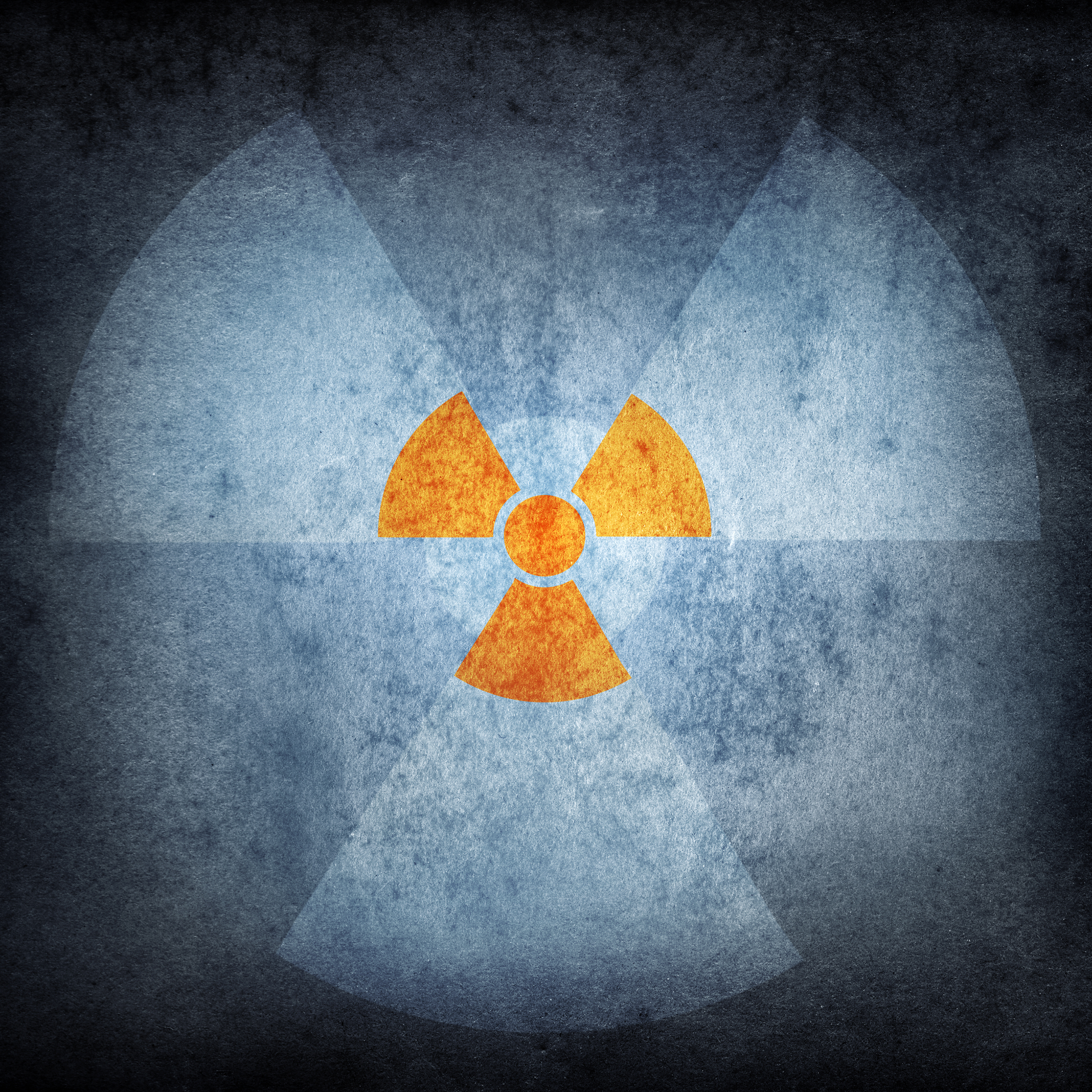$597,000 Federal Grant Awarded to Continue Developing Therapy for Lung Radiation Exposure

Humanetics of Minneapolis was awarded a federal grant to continue developing its proprietary BIO 300 radiation modulator to treat delayed effects of acute radiation exposure in the lungs.
The $597,000 grant from the the National Institute of Allergy and Infectious Diseases (NIAID) will cover two years of research in a collaborative effort with Dr. Isabel L. Jackson, PhD, assistant professor in the Department of Radiation Oncology at the University of Maryland School of Medicine.
The research project is titled “Delayed Effects of Acute Radiation Exposure (Deare).”
Exposure to high levels of radiation may lead to the development of delayed effects that include pneumonitis and pulmonary fibrosis (PF). Radiation-induced pneumonitis in humans usually becomes apparent two to four months after exposure, while radiation-induced fibrosis develops six months or more after irradiation.
Both types of injury are also observed in patients who underwent thoracic radiation therapy for the treatment of lung, breast, or hematologic malignancies, or in people who have been exposed to radiation after an environmental event. These serious side effects could pose a threat to the lives of people and populations exposed to high levels of radiation.
“Although there are approved drugs to support acute injury, there are no drugs to prevent the development of delayed injury to the lungs, which can manifest weeks to months after exposure,” Jackson said in a press release. “This injury is very serious and can be life-threatening.”
BIO 300 was first developed as a radio-protectant by researchers from the Department of Defense. It was later licensed exclusively to Humanetics, which is now continuing to develop the compound.
BIO 300 is also being evaluated in a Phase 1/2 clinical trial in lung cancer patients who received radio- and chemotherapy.
The NIAID grant will fund expanded research that Humanetics collected through a recent contract with the Biomedical Advanced Research and Development Authority (BARDA).
“We are very excited that NIAID sees the continued potential of BIO 300 as a drug that can be used to protect those at risk of radiation exposure. The research conducted under this grant will help accelerate the development of BIO 300,” said Dr. Michael D. Kaytor, PhD, Humanetics’ director of research and development. “We look forward to working with Dr. Jackson and her team to further develop this promising new drug candidate.”







